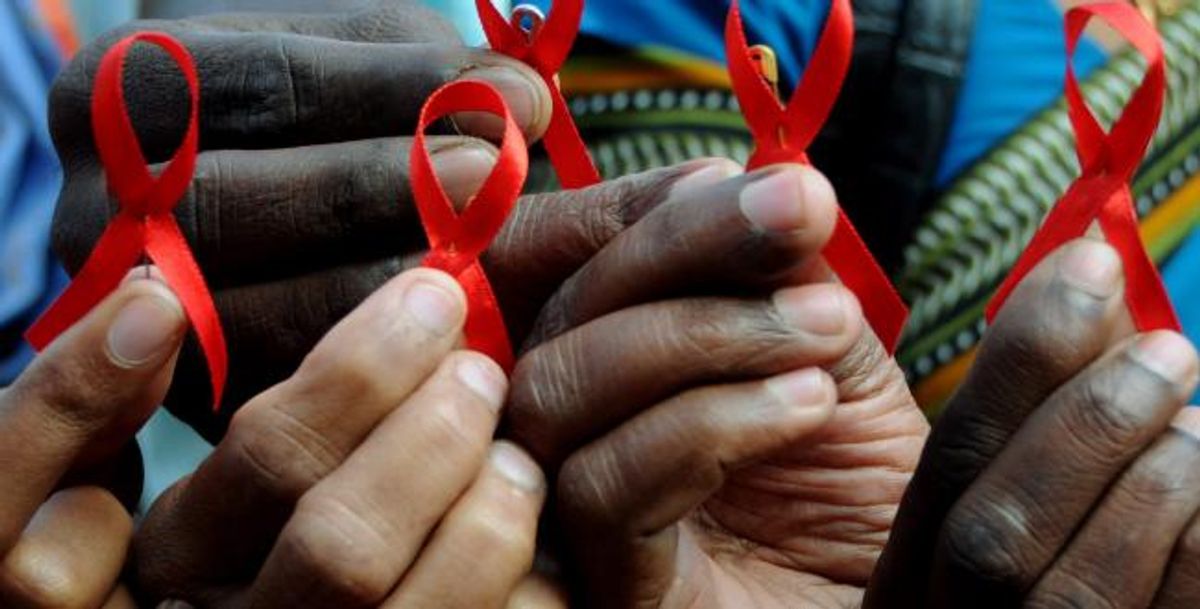
South Africa’s government has vowed to prevent the collapse of the world’s largest HIV program despite the United States withdrawing roughly $427 million in support. However, experts warn that the next few years could see hundreds of thousands of new infections if the funding gap is not urgently addressed.
South Africa has more people living with HIV than any other country. The US aid cuts, announced under former President Donald Trump’s administration, had an immediate impact: free clinics closed their doors, leaving thousands of patients without critical medication.
“Our lives matter, we are human,” said one woman, a sex worker who depended on one of the now-closed clinics for treatment, choosing to remain anonymous. “The funding played a significant role in our lives. The clinic would come to my apartment, give me services there, test me every three months, and provide refills. I only went to the clinic for my prescription. Whenever I needed condoms or lubricant, the clinic was there.”
Patients report being turned away from public hospitals, despite government assurances that services should remain available. Others have been forced to purchase HIV medication on the black market, where prices have nearly doubled.
Yvette Raphael, co-founder of Advocacy for Prevention of HIV and AIDS, expressed deep concern for the program’s future.
“We are scared,” Raphael said. “We are scared that we are going to see the number of people living with HIV rising, people dying again, and infants born with HIV because of the lack of services. The funds from USAID were covering gaps our government could not fill.”
More than 63,000 people relied on 12 clinics that have now closed, while up to 220,000 patients have faced disruptions in their daily HIV medication. Even before the cuts, only two million of South Africa’s estimated eight million people living with HIV were on treatment.
The funding crisis echoes across Africa, the continent hardest hit by US aid reductions. The Trump administration defended the cuts, arguing that the spending was not aligned with US interests.
“And we’re $37 trillion in debt. So at some point, the continent of Africa needs to absorb more of the burden of providing this health care,” Russell Vought, director of the US Office of Management and Budget, told a congressional hearing in June.
For many South Africans, the cuts have been deeply personal. “I’ve got no civil words to express how I feel, but I just hate them for what they did,” said a transgender woman affected by the clinic closures. “Our lives matter.”
The US has since issued a limited waiver allowing some essential HIV services to resume, but for many patients, the disruption has already caused serious setbacks in treatment.










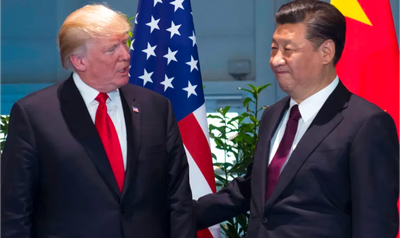
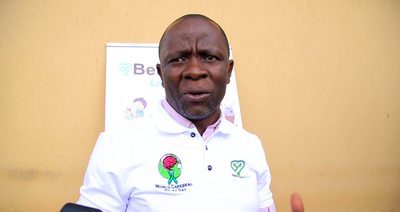
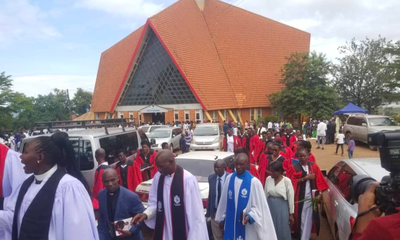
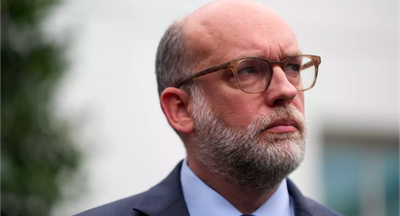
Roswell Mbabazi
Leave a Comment
Your email address will not be published.